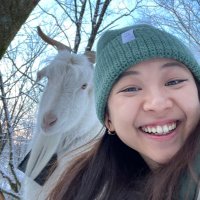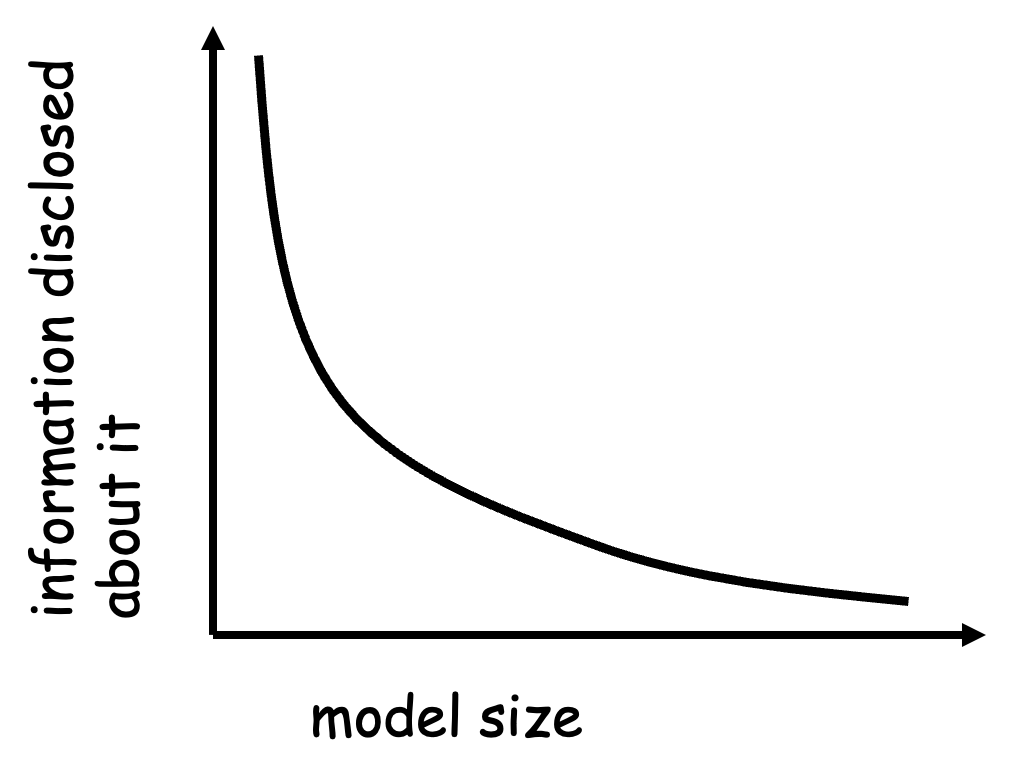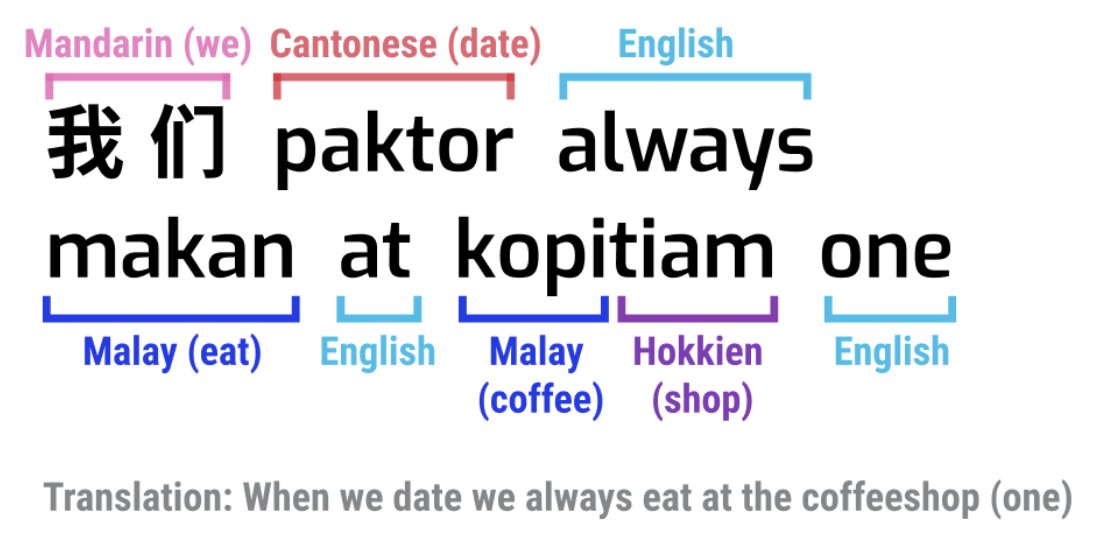
alyssa loo
@alyssamloo
🇸🇬🇺🇸 | formerly cs + linguistics @Brown_NLP | language model interpretability & probing human v. machine cognition
ID: 1510813506550976515
04-04-2022 02:56:31
39 Tweet
148 Followers
244 Following


very excited to share our paper on reconstructing language from non-invasive brain recordings! we introduce a decoder that takes in fMRI recordings and generates continuous language descriptions of perceived speech, imagined speech, and possibly much more biorxiv.org/content/10.110…










Now that you’ve no doubt solved your Sunday crossword puzzle, looking to read about crosswords and linguistics? In The Atlantic theatlantic.com/science/archiv…, Scott AnderBois, Nicholas Tomlin, and I talk about what linguistics can tell us about crosswords and vice versa. Thread.





Excited to share Penzai, a JAX research toolkit from Google DeepMind for building, editing, and visualizing neural networks! Penzai makes it easy to see model internals and lets you inject custom logic anywhere. Check it out on GitHub: github.com/google-deepmin…

Why did only humans invent graphical systems like writing? 🧠✍️ In our new paper at CogSci Society, we explore how agents learn to communicate using a model of pictographic signification similar to human proto-writing. 🧵👇









